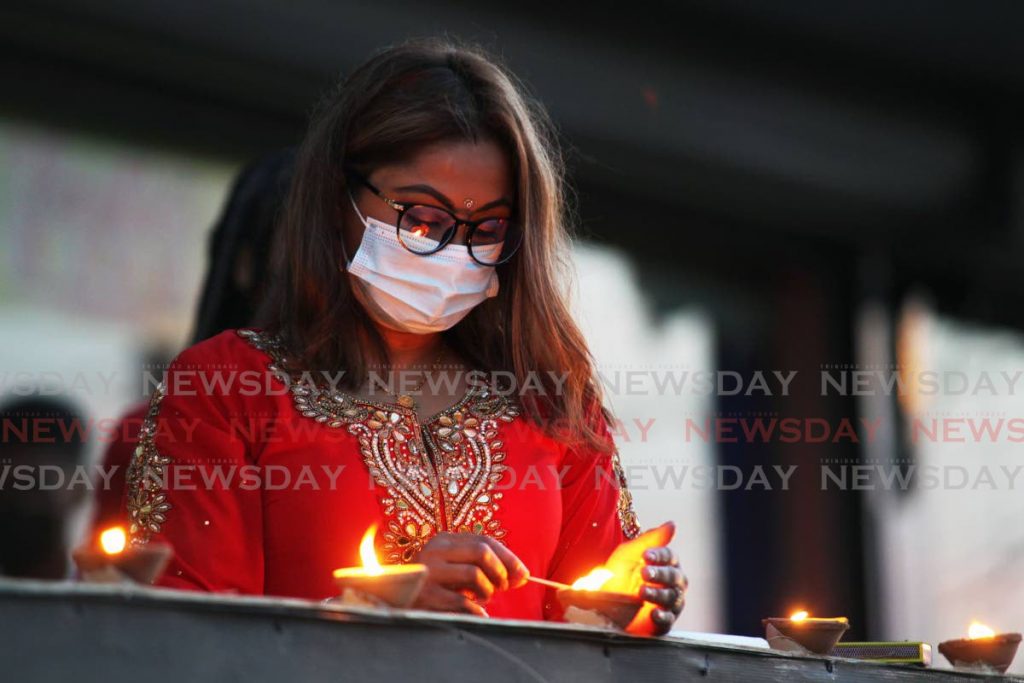To a happy Divali, and a happier planet

Trinidad and Tobago joins the world’s Hindu communities today in celebrating the festival of Divali, an important part of this country’s religious celebrations and a sign of its religious tolerance and acceptance of the diversity of its population.
Hindu or not, Divali is many people’s favourite festival both for its beauty and for its meaning.
The wicks lit in small clay deyas nationwide are a symbolic commitment of each individual’s hope to see light triumph over darkness.
While each deya is tiny, their collective glow brightens much larger areas than any single person could hope to illuminate on their own.
Today is also United Nations Day, which marks the formation of the global organisation created in 1945 with the aim of achieving global peace and prosperity.
In 2020, the UN agreed on a new common agenda: 12 commitments to commemorate its 75th anniversary.
Each of those goals is challenged in 2022, even more so now than when they were agreed on just two years ago.
Protect our planet, the second commitment, is challenged by increasing evidence of climate change – which still doesn’t convince deniers of this global threat of the importance of the effort to reduce greenhouse gases. Climate change threatens island states on multiple fronts – sea-level rise and ocean acidification being only the headline issues.
As a country that earns most of its revenue from fossil fuels, TT must diversify its income streams while increasing ways for citizens to contribute to reducing national emission levels.
Item three, Promote Peace and prevent conflicts, is a front-burner challenge for the UN as the Russian attack on Ukraine proceeds relentlessly.
China’s threat of a forcible reunification with Taiwan brings its own chilling possibilities.
TT has its own challenges with Venezuelan immigration, with uneven results, and its treatment of these visitors has often drawn concern from the UN. The country has not done enough to ensure an education for migrant children, for instance, and has no clear policy on immigration.
The seventh pillar, Improve digital co-operation, remains a global challenge, as trust in traditional journalism erodes in the face of social-media-fuelled disinformation and new technologies like artificial intelligence evolve faster than their consequences can be evaluated.
These are big issues, many with damaging long-term effects.
But each begins with a human problem, and we each have within our power an opportunity to change, ignore, or address it.
In many cases, change is the only option that offers a better future for the next generation which will inherit and take charge of this world.
As with each deya, our choice comes down to whether we ignore or snuff a promising flame, or decide to light and nurture one of our own.

Comments
"To a happy Divali, and a happier planet"